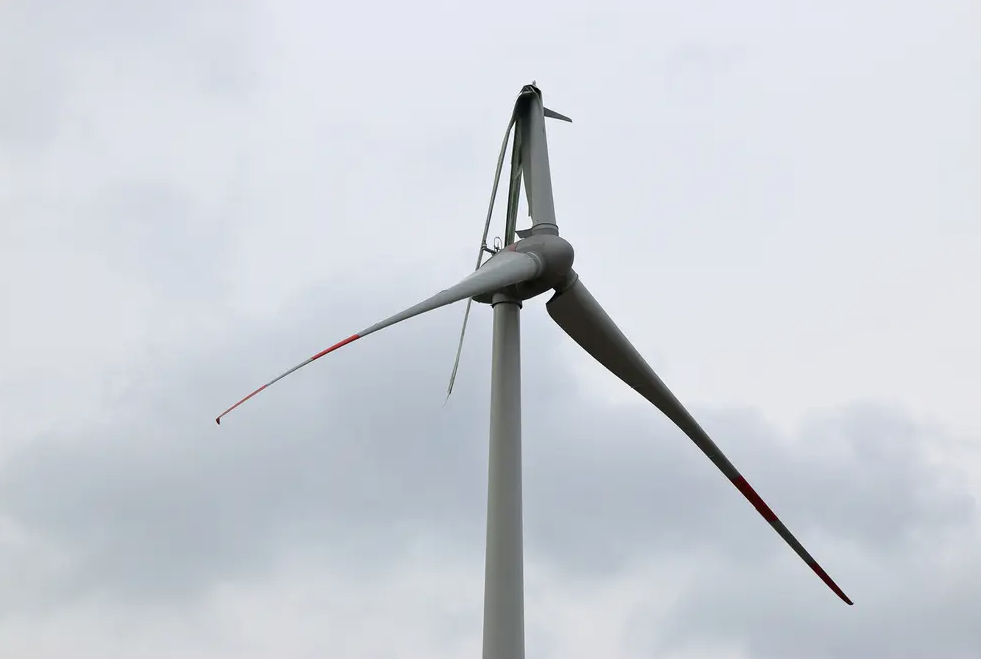Recycling wind turbines would allow lower costs for components and shorter delivery times
(sustainabilityenvironment.com) – Recycling wind turbines could be very profitable, with a turnover of £10 billion. This is supported by the new Coalition for Wind Industry Circularity (CWIC), launched in the United Kingdom in an attempt to make the renewable energy supply chain more circular in the country.
Leading the coalition is SSE Renewables, a company that develops wind projects on the territory, together with the University of Strathclyde, the National Manufacturing Institute of Scotland (NMIS) and Renewable Parts Ltd. The Group argues that the UK circular economy would benefit from the multi-billion-dollar repair, recovery and re-engineering of broken wind turbine parts.
According to the coalition, setting up this chain of recycling of wind turbine parts could generate more than 20 thousand full-time jobs by 2035, as well as avoiding the scrapping of more than 800 thousand tons of materials. Normally, in fact, when the parts of the wind turbines fail or reach the end of the life cycle, they are replaced by new components, while the old ones become waste. The Coalition said it wanted to counter this trend and create a new industry capable of moving towards a circular economy for onshore and offshore wind turbine components.
The analysis commissioned by CWIC and conducted by BVG Associates found that between the United Kingdom, Belgium, Denmark, France, Germany, the Netherlands, Poland, Portugal, Spain and Sweden, by 2035 about 120 thousand wind turbines with a capacity of 584 GW will be in operation.
According to the study, a UK supply chain capable of refurbishing just a dozen or so of the thousands of components of a wind turbine could enter a European market worth almost £10 billion between 2025 and 2035. This potential turnover is very attractive, but has so far remained in the drawer. However, according to Stephen Wheeler, CEO of SSE Renewables, it is time to reverse the trend. The direct commercial benefits deriving from the implementation of circular solutions, in fact, exist and range from lower initial costs to significantly reduced part delivery times. “If the renewables sector exists to provide the green energy the world needs to achieve zero net emissions, then we face an uncomfortable truth: we cannot be sustainable without fighting climate change, but we can fight climate change in an unsustainable way”.

